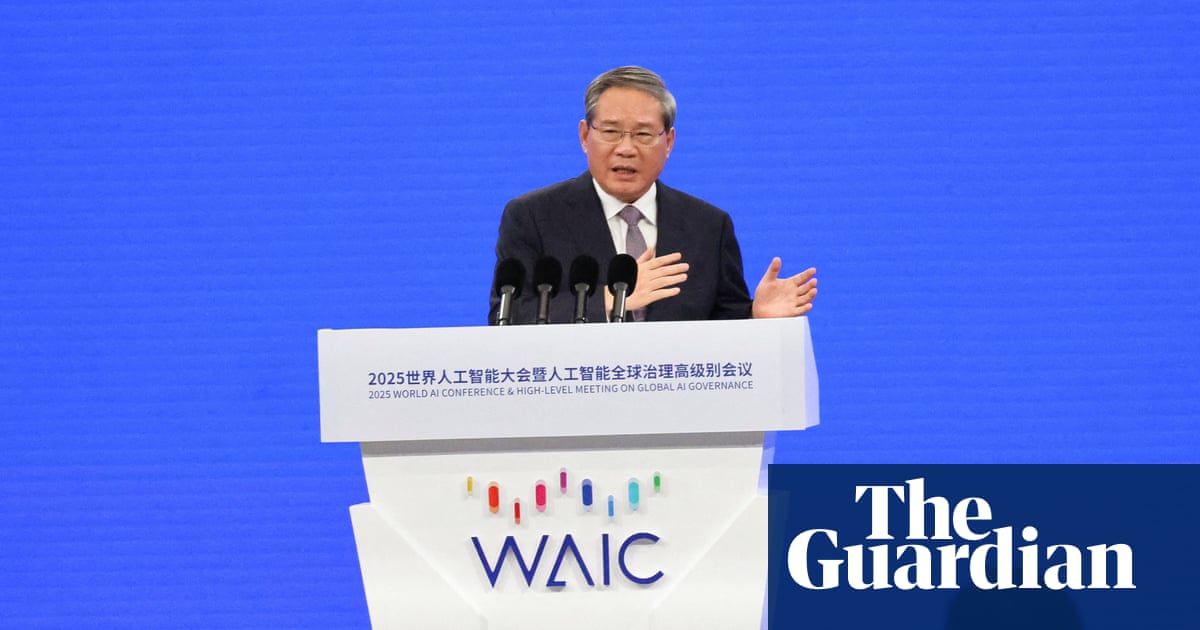Key Takeaways
- Chinese Premier Li Qiang advocates for global cooperation on artificial intelligence (AI) at the World AI Conference in Shanghai.
- Li emphasizes the need for a unified framework for AI governance amidst rising technological competition with the U.S.
- China aims to promote open-source AI, especially benefiting developing nations, while addressing ethical concerns and security risks.
Collaboration for AI Governance
Chinese Premier Li Qiang has proposed the creation of a global organization dedicated to fostering cooperation on artificial intelligence (AI). He addressed this initiative during the World Artificial Intelligence Conference (WAIC) in Shanghai, highlighting the urgent need for countries to coordinate on AI development and security, particularly following recent U.S. regulatory changes aimed at reinforcing its dominance in the sector.
Li described AI as a pivotal growth engine but noted that current governance remains fragmented and lacks international consensus. He warned that the rapid advancement of AI poses significant security risks that require urgent alignment among nations. This call for collaboration comes just days after U.S. President Donald Trump announced aggressive deregulation strategies, including an executive order targeting what was characterized as “woke” AI models.
Emphasizing the importance of a balanced approach to AI development and governance, Li stressed that the risks associated with AI merit comprehensive societal discussion. He reiterated China’s commitment to promoting open-source AI and expressed a willingness to share advancements with other countries, particularly in the Global South.
The WAIC, a three-day event attracting industry leaders and policymakers, takes place amid escalating technological competition between the United States and China—the two largest economies. This competition has manifested in U.S. export restrictions on advanced technologies like AI chips, citing concerns over enhancing China’s military prowess.
While Li refrained from directly naming the U.S., he cautioned that AI could devolve into an “exclusive game” dominated by a few nations and corporations. The premier also pointed out challenges such as insufficient AI chip supplies and barriers to talent exchange as significant concerns that need addressing to foster a more inclusive AI landscape.
As AI increasingly integrates into various industries, ethical considerations are becoming more prominent. Issues such as misinformation, job displacement, and the potential loss of technological control are central themes of discussion at the conference. Notably, recent studies indicate a “devastating impact” on online audiences as traditional search results are usurped by AI-generated summaries, leading to diminished user engagement.
This year’s conference featured prominent speakers, including France’s special envoy for AI and computer scientist Geoffrey Hinton. However, notable figures such as Tesla CEO Elon Musk did not attend the event this year. The exhibition highlights numerous Chinese tech companies, including Huawei and Alibaba, while also welcoming participation from Western companies like Tesla and Amazon.
With the global race for AI excellence intensifying, calls for cooperation in governance and ethical implementation are more critical than ever.
The content above is a summary. For more details, see the source article.















